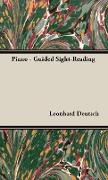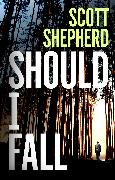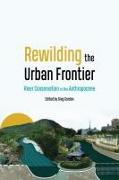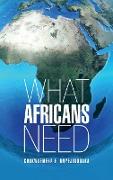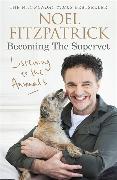Piano - Guided Sight-Reading
BücherAngebote / Angebote:
Piano GUIDED Sight Reading- A New Approach to Piano Study by LEONHARD DEUTSCH. Table of Contents: Foreword xi The Story of the Sight-Reading Method 3 The Problems of Sight-Reading 13 What is the correct way to practice sight-reading 14 How is the ability to practice sight-reading in this - man-ner developed 15 What is the effect of sight-reading exercises 17 The Basis of Pianistic Skill 19 1. Musical Ear and Manual Dexterity 19 What is musical ear 20 How is musical ear developed 22 What is manual dexterity 25 How does manual skill develop 26 2. Notes and Keys 27 Why is the alphabetical method, applied to music reading, ineffective 29 How to break away from piecemeal reading 31 3. Time and Rhythm 32 Why are the usual expedients ineffective 32 How does a student learn to keep time 33 4. Fingering 34 Unnecessary finger marks 36 Complicated fingering 36 5. Velocity 38 How does repetition work 39 How does the dissecting method work 41 How is velocity developed 42 6. Finger Agility and Technical Exercises 43 The piano hand 44 Planning of finger movements 45 Relaxation 47 Finger control 48 7. Expressive Playing 49 Colorful tone or colorful performance 49 The sources of expressive playing 50 Analytical approach 50 Romantic approach 51 Psychological approach 52 8. Pianistic Memory 53 What is pianistic memory 54 How is pianistic memory developed 55 Sight-Reading versus Repertoire 57 Rich study material 58 Approaching the whole 58 Concentrated effort 60 How does natural talent develop 61 Building up talent by means of instruction 62 Gypsy method 63 Self-Instruction 64 Sight-reading program , 67 Repertoire Study 73 Suggestions for the Teacher 76 1. Guiding Your Student 79 2. New Students and Problem Students 82 3. Elementary Instruction 88 Melody 89 Bass parts 91 Fingering and hand positions 91 Touch and expression 92 Sharps and flats 92 Chords 93 Jumps 93 Playing with both hands 94 Time values 95 Embellishments 96 Rhythmical subdivision 96 4. Study Material 98 5. Homework 99 6. Playing by Ear and Written Exercises 100 7. Approach to Children 101 Ear training 102 Special handicaps 103 Maturity level of the child 104 Ambition 105 IX. FOREWORD: A NEW approach to piano study Why the reader may well ask. Hasnt the old approach produced hundreds and thousands of excellent pianists True, for such successful students, usually professional musicians, no change is necessary but for the others, less fortunate, the legions of lay musicians, playing the piano can acquire a new meaning. Formerly the non-professional pianist had the same mission as the virtuoso to share his musicianship with an audience. And usually he was just as eager for publicity. He labored many hours over technical exercises and spent years building a reper toire of pieces carefully prepared for performance.
Folgt in ca. 15 Arbeitstagen
